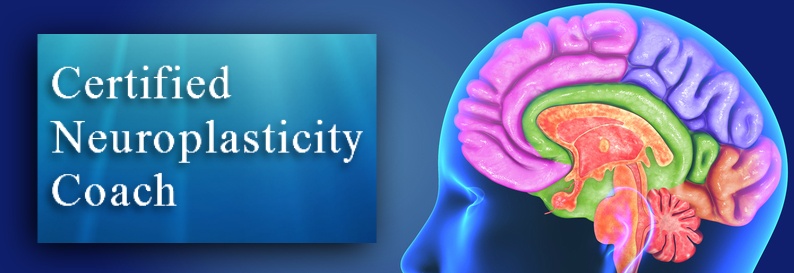Manage Stress and Promote Mental Well-being with the Daily Seven


People seem even more stressed than usual.
Between the pandemic and economic meltdown, on top of the climate and refugee crises, plus the usual wars, famines, and fractious politics, it's only natural.
"If you can sit quietly after difficult news; if in financial downturns you remain perfectly calm; if you can see your neighbors travel to fantastic places without a twinge of jealousy; if you can happily eat whatever is put on your plate; you can fall asleep after a day of running around without a drink or a pill; if you can always find contentment just where you are: you are probably a dog." - Jack Kornfield
If you're a coach, you probably counsel your clients around the importance of self care, especially in times like these. But what types of self care help us flourish even under the most difficult circumstances? Here are seven activities, based on scientific research, that you can take like your daily vitamins to help you, and your clients, thrive through anything. They are crafted by Daniel Siegel, MD, and David Rock, PhD.
The Mindsight Daily Seven:
- Focus Time. Spend some time each day concentrating on something you enjoy. Reading, dancing, practicing a skill. It can be your hobby or your profession, but engage in something you can lose yourself in. In other words, get into Flow. This is a peak mental state that will raise your positivity.
- Time In. Spend some time focusing within. This could be a few minutes of quiet contemplation, mindfulness, or formal meditation. Notice without judging. If you catch yourself judging, notice that and encourage yourself to judge less. Over time, your brain will become more integrated and that boosts mental health.
- Down Time. Do nothing productive for a little while each day. Goof off. Don't make plans. Set a part of each day aside for a mini-vacation. Paradoxically, you'll become more productive, focused, and creative.
- Physical Time. Move your body. Exercise, walk more, or just get up from your chair at least once per hour. Everyone knows this is great for your physical health, but it's equally important for your brain health.
- Sleep Time. There's evidence that our brains clean themselves when we sleep so getting seven or more hours sleep per night keeps the brain healthy and may help prevent dementia.
- Play Time. This is different from competitive sports, which have their own benefits. With play, you might try new things. Look silly. Screw up; no judgement. Catch yourself laughing outloud. People who play are more innovative.
- Connecting Time. Connect on a heartfelt level with other people, pets, and planet. Spend time with nature. Get beyond your small self and feel your connection to others. You'll grow important relationships, develop perspective, and enjoy greater wisdom.
Which of these activities are you already doing daily? Which could you add without overwhelming yourself? Is there something you'd be willing to give up to make time for more well-being and relaxation?
How can you remember to do all the Daily Seven? Use this post as a checklist, if you like. Get a partner to work on it together. Or get a coach.
Interested in becoming a professional neuroscience coach?



